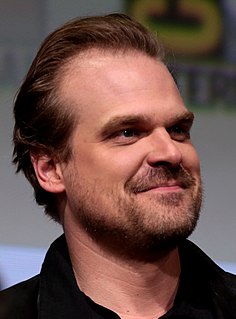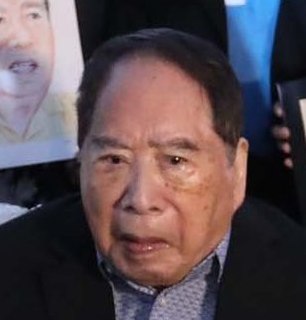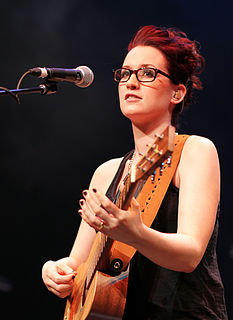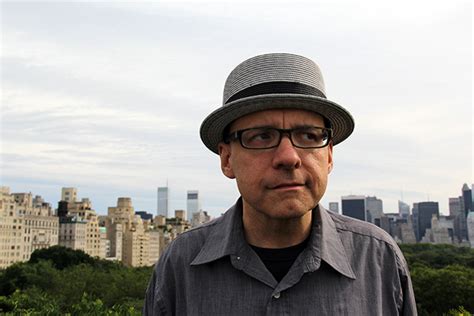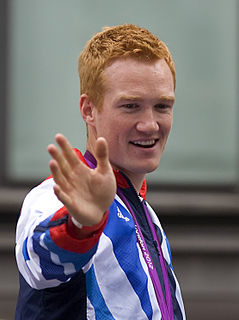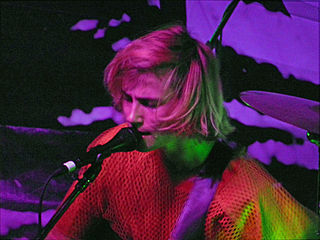A Quote by K. D. Lang
I think I have a better sense of my weaknesses - being self-important, selfish and having a big ego probably triggers all the other stuff. I can see myself more clearly.
Related Quotes
The term "self" seems a suitable one for the unconscious substrate whose actual exponent in consciousness is the ego. The ego stands to the self as the moved to the mover, or as object to subject, because the determining factors that radiate outward from the self surround the ego on all sides and are therefore supraordinate to it. The self, like the unconscious, as an a priori existent out of which the ego evolves. It is, so to speak, an unconscious prefiguration of the ego. It is not I who create myself; rather, I happen to myself.
The word 'ego' is very important. The ego is an important element of being human, and of being creative. We need that ego in order to give us a confidence of doing what we're doing. Ego pushes us into the creative world in order to create for something more. I think that a great company of actors, they all have egos, very strong egos, but they're all prepared to share together in order to achieve something even better than that.
The child is born with a Self but not with an ego. The child develops the ego. As he becomes more and more social and related, ego develops. This ego is just on your periphery where you are related with others - just on the boundary of your being. So ego is the periphery of your being, and Self is the center. The child is born with a Self, but unaware. He is a Self, but he is not conscious of the Self.
It is important that when pursing our own self-interest we should be 'wise selfish' and not 'foolish selfish'. Being foolish selfish means pursuing our own interests in a narrow, shortsighted way. Being wise selfish means taking a broader view and recognizing that our own long-term individual interest lies in the welfare of everyone. Being wise selfish means being compassionate.
All the work I do is personal, so the good stuff and the bad stuff that you see in there is all good stuff and bad stuff that I have, and part of the journey, for me, has been to embrace these things that I find embarrassing about myself: my stubbornness, my ego, my maudlin-ness - these things that I see myself do, and I go, 'Oh, David, stop that!'
Self-interest, to be sure, is one of the most important, but we have many other motives - honesty, self-respect, altruism, love, sympathy, faith, sense of duty, solidarity, loyalty, public-spiritedness, patriotism, and so on - that are sometimes even more important than self-seeking as the driver of our behaviors.
When Robert Bly visited Interlochen Center for the Arts so many years ago, he spoke to the creative writing majors and said, "The eye reports to the brain, but the ear reports to the heart." Perhaps this is the thing that musicians can do that writers can't ever, quite, but it is what I aspire to, that sense/power of the auditory, and the belief that to hear more clearly is to see more clearly, and that to see more clearly is to feel more deeply.
When I'm feeling proud of myself, I should remember to ask myself why I think I am of any value at all. I have done nothing that a hundred thousand other people couldn't do, and most of them would probably do it better, and they probably wouldn't feel so self-important about it. I should always be ashamed of myself.
Motivating yourself, I think having big strong legs, that's pretty cool. Having a big VMOs [the teardrop-shaped muscle above your knee] is always nice. But, the thing is, when you see guys who are clearly gym junkies who only do bicep curls all day every day, and you see them walking down the street ...'Mate, what about the legs?'.







